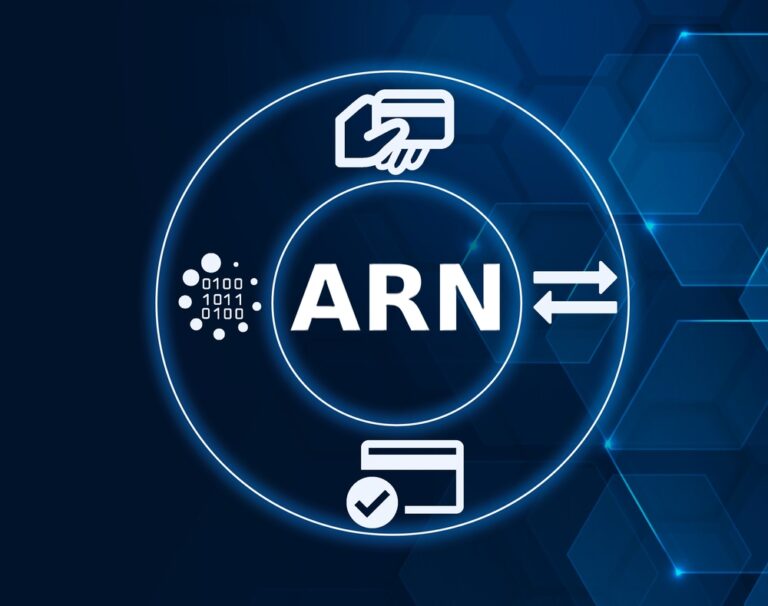Cyber Monday Chargebacks: Why Post-Purchase Clarity Is Your Best Defense

Cyber Monday may be a single day on the calendar, but its ripple effects last for months. As shoppers rush through checkout pages, many make quick decisions without reading details about delivery times, discounts, or recurring billing. The result is a wave of chargebacks that appear long after the sale, often because customers did not fully understand what they agreed to buy.
This third entry in our Holiday Chargeback Series focuses on how merchants can protect themselves during Cyber Monday’s digital surge by improving post-purchase clarity, managing expectations, and using automation to prevent disputes before they begin.
The Unique Risk of Cyber Monday Chargebacks
Unlike Black Friday, where in-store issues dominate, Cyber Monday disputes stem almost entirely from ecommerce behavior. The most common causes include delayed shipping confirmations, unclear product descriptions, and confusion around subscription renewals.
Online retailers also face higher rates of friendly fraud, where customers file disputes for legitimate purchases they simply forgot about or did not recognize. The convenience of online shopping also makes chargebacks easier to file, since customers can contest a transaction in a few clicks without contacting the merchant first.
During peak periods, even a modest spike in chargebacks can strain acquirer relationships or trigger oversight under Visa’s Acquirer Monitoring Program (VAMP). Merchants who prepare early can avoid that exposure by setting clear expectations before, during, and after the sale.
How Post-Purchase Confusion Turns Into Disputes
- Late or missing delivery updates
Customers who do not see tracking updates assume their order was never shipped. A proactive email or text update prevents frustration that can lead to disputes. - Unclear promotional details
Discount stacking, limited-time offers, and bundle pricing can confuse customers when final charges do not match what they expected. Clear language in confirmation emails and invoices reduces refund requests. - Subscription misunderstandings
Auto-renewals and trial conversions are major chargeback triggers in ecommerce. If customers do not realize they signed up for a recurring service, they often dispute the second charge. Prominent cancellation instructions and renewal reminders can prevent those disputes.
Checklist: Keeping Cyber Monday Transactions Dispute-Free
- Send instant confirmations. Immediate order and payment confirmation emails reinforce trust and reduce panic when customers see pending charges.
- Use transparent messaging. Make sure all promotions, fees, and renewal terms appear clearly in checkout and follow-up emails.
- Automate shipping communication. Link fulfillment systems to email or SMS tools to trigger automatic order shipped alerts.
- Monitor refund requests daily. Addressing refund inquiries within 24 hours prevents them from escalating into chargebacks.
- Leverage chargeback alerts and Visa RDR. Tools like Ethoca Alerts and Visa RDR allow merchants to respond instantly to disputes before they become formal chargebacks.
Each of these actions builds clarity and trust at the exact moment confusion typically begins, after the sale.
Using Automation to Protect Margins
Manual chargeback management during Cyber Monday is nearly impossible. Automated tools help merchants respond at scale when dispute volume spikes.
Chargeback Alerts notify merchants when a cardholder files a dispute, offering a brief window to refund or clarify the transaction before it turns into a chargeback.
Visa RDR automates that process entirely, issuing refunds based on pre-defined rules such as transaction value or issuer BIN.
Together, they form a proactive safety net that prevents unnecessary losses and keeps chargeback ratios within acceptable bounds. For an overview of how these tools fit into a complete prevention strategy, visit our Resolve platform.
Aligning Refunds With Customer Expectations
Refund timing can make or break post-purchase satisfaction. Customers who expect an instant reversal may panic when the credit takes several days to post, leading them to contact their bank instead. Merchants should:
- Display estimated refund timelines clearly on receipts
- Send confirmation emails when refunds are processed
- Use consistent refund methods to avoid confusion
Transparency minimizes frustration, strengthens customer relationships, and reduces the likelihood of duplicate refunds.
Stay Off the VAMP Radar This Holiday Season
Black Friday’s transaction spike can quickly push merchants toward Visa’s monitoring thresholds, triggering unwanted attention under the Acquirer Monitoring Program (VAMP). Our free resource, The VAMP Survival Guide for Merchants, explains how to track ratios, understand enforcement timelines, and stay compliant through the busiest time of year. Download your copy here to keep your account in good standing and your revenue protected.
Prepare Now for Post-Cyber Monday Disputes
Cyber Monday success depends on more than sales volume. Merchants that plan for post-purchase communication, automated alerts, and clear renewal terms can cut chargeback risk dramatically.
ChargebackHelp’s Resolve platform brings Verifi CDRN, Ethoca Alerts, and Visa RDR together to protect online transactions in real time. If your business relies heavily on ecommerce, reach out to our team to set up your protection before the next Cyber Monday rush.
Why ChargebackHelp?
ChargebackHelp helps merchants prevent and manage chargebacks across every online channel. Our technology integrates directly with ecommerce systems, enabling fast dispute resolution and complete transaction visibility. With expert support and automation, we help merchants safeguard revenue and maintain strong processor relationships through the busiest shopping season of the year.
FAQs: Cyber Monday Chargebacks and Online Dispute Prevention
Why are Cyber Monday chargebacks so common?
The high transaction volume and rushed online checkouts lead to errors, missed communications, and forgotten subscriptions.
How can I reduce disputes from delayed shipments?
Send tracking updates automatically and provide estimated delivery times before checkout. Clarity prevents unnecessary disputes.
What’s the best way to manage subscription chargebacks?
Use transparent billing, clear cancellation links, and pre-renewal reminders to keep customers informed.
How can alerts and RDR help during Cyber Monday?
They allow merchants to resolve disputes before chargebacks are filed, maintaining low ratios and reducing refund delays.
When do Cyber Monday chargebacks usually appear?
Many occur 30 to 60 days later, once deliveries are complete or customers notice renewals on their statements.
Can ChargebackHelp integrate with my ecommerce system?
Yes. Our platform connects with major ecommerce platforms and CRMs to automate alerts, refunds, and reporting.








